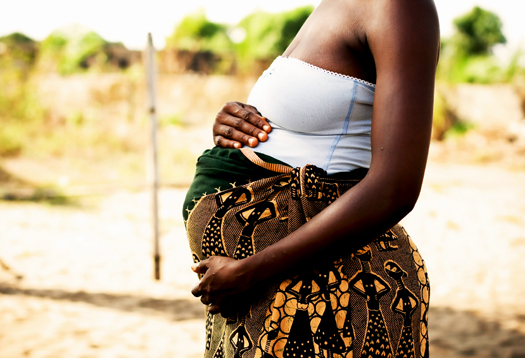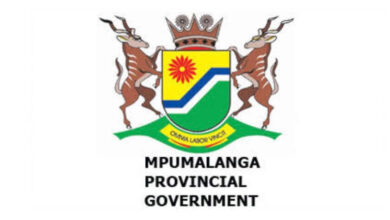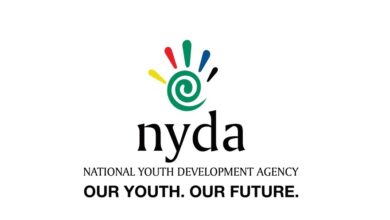Behind The Scenes of Backyard Abortions

Backyard abortions otherwise known as unsafe abortion may refer to an extremely dangerous life-threatening procedure that is self-induced in unhygienic conditions. Unsafe abortion is a significant cause of maternal mortality and morbidity in the world. They mostly occur where abortion is illegal, or in developing countries where affordable well-trained medical practitioners are not readily available, or where modern contraceptives are unavailable.
Women in South Africa seek abortions outside hospitals and clinics for various reasons. According to a study conducted in 2005, the reasons for women for going to illegal providers included; not knowing where to access safe abortions, stigma from their communities, judgemental staff and concerns over confidentiality and cost.
Because public health facilities are legally required to provide abortion on request, public-sector nurses frequently judge clients – younger women in particular – for being sexually active, being ‘irresponsible’, and for choosing to terminate the pregnancy rather than give birth. Clients have also reported being turned away from public hospitals because the facility has reached its weekly abortion quotas or does not provide the service at all.
Street marketing also plays a role in promoting illegal providers. Women see walls and lamp posts plastered with advertisements claiming to offer ‘safe’, ‘painfree’, ‘quick’, and ‘cheap’ abortions.The fact that it is posted in public spaces such as taxi ranks and shopping centres make many women believe they are accessing a legitimate service.
Although data are imprecise, it is estimated that approximately 20 million unsafe abortions are performed annually, with 97% taking place in developing countries. Unsafe abortion is believed to result in approximately 69,000 deaths and millions of injuries annually. The legal status of abortion is believed to play a major role in the frequency of unsafe abortion.
An illegal abortion which went wrong is believed to have caused the death of a second-year student at a University of Johannesburg (UJ). Ayanda Masondo, 20, a student in human resources from Newcastle in KwaZulu-Natal, was found at about 09:30 on a Sunday morning, leaning against the door in her room in the Benjemijn hostel.
Unfortunately many complications, and sometimes death follow each backyard abortion. Unlike the rich and middle class, many women cannot afford the doctor’s fee to have a safe abortion. However, is there a solution to this ever-growing problem?
Steps must be taken to end the needless mortality and morbidity that result from unsafe abortion.
As a first step, Marie Stopes, endorsed by three organisations (Sex Worker Education and Advocacy Task Force, Wish Associates and Ipas) began a flyer distribution campaign. 500 000 flyers, warning of the danger of illegal abortion providers, are being handed out in 33 districts across the country. They serve to remind women that they are legally entitled to access abortion in South Africa, according to the Choice on Termination of Pregnancy Act and to advise them against visiting unsafe, illegal abortion providers and to opt for a legal provider instead. The circulation of this factsheet builds on the success of the flyer campaign, and is aimed at forming an action-group to address illegal and unsafe abortion. But till this is implemented, women have the responsibility for their own safety and health. This means going the extra mile to prevent finding yourself in a situation where your health could be compromised ultimately leading to death.
Mbali Radebe





